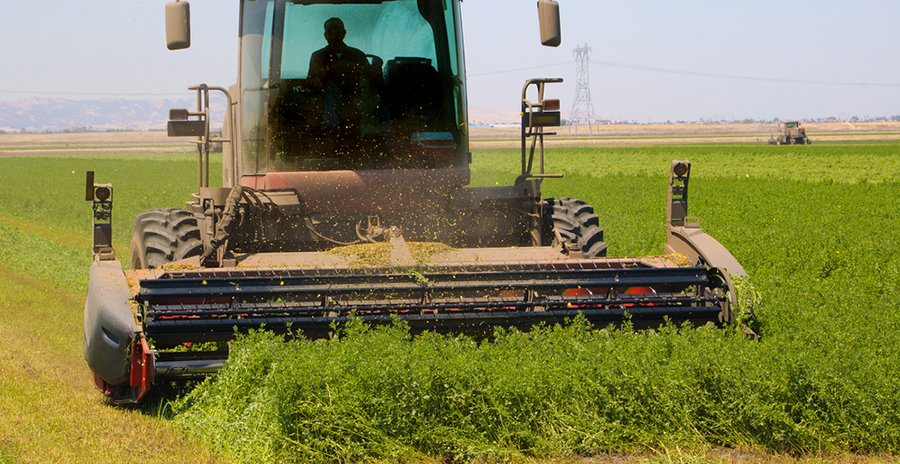Arizona courts
Saudi-Owned Farm Rejects Legal Responsibility for Groundwater Damage

Attorneys representing Fondomonte Arizona, a Saudi-owned alfalfa farm, have filed motions seeking to dismiss Arizona Attorney General Kris Mayes’ lawsuit aimed at halting the farm’s groundwater pumping practices. The lawyers argue that Mayes’ claim is founded on illegal premises.
In documents submitted to the Maricopa County Superior Court, the defense emphasizes that Mayes’ allegations categorize the farm’s groundwater withdrawal as a “nuisance,” harming local residents who rely on the same water supply. However, the defense counters that state law protects agricultural operations, presuming their reasonable practices are not detrimental unless there are substantial adverse effects on public health and safety.
Mayes, in her original filing last year, claimed that Fondomonte’s operations pose risks to public health and safety. Yet, the company argues that this assertion lacks legal grounding. They reference a statutory provision that asserts compliance with agricultural regulations protects operations from being considered a nuisance.
Additionally, Fondomonte’s legal team has presented multiple arguments against Mayes’ lawsuit. They highlight that other local entities may also contribute to the groundwater decline and that the state, aware of Fondomonte’s activities, had previously allowed them.
This filing adds to an ongoing dispute regarding groundwater pumping in the region, which has persisted for several years. The state of Arizona previously cancelled land leases with Fondomonte, which cultivates alfalfa to supply dairy cattle in the Middle East. The company operates in Arizona due to prohibitions on water-intensive agriculture in Saudi Arabia.
Despite challenges, Fondomonte continues its farming activities on private lands across Arizona. The ramifications of this case could extend to Riverview Dairy, which has acquired over 50,000 acres near Willcox for similar alfalfa cultivation.
Underlying this legal conflict is a significant gap within Arizona’s water laws. The 1980 Groundwater Code designated “active management areas” intended to regulate groundwater pumping while leaving many regions unregulated, permitting landowners to extract groundwater for reasonable uses.
Mayes has opted not to dispute these existing regulations but argues that legal activities can nonetheless constitute a nuisance. She cites findings from hydrologists indicating that Fondomonte’s pumping has depleted nearby wells and caused land subsidence in areas like Vicksburg in La Paz County.
Furthermore, she contends that increased pumping threatens water quality, potentially damaging infrastructure like appliances, pumps, and pipes. “No company has the right to endanger an entire community’s health and safety for its own gain,” Mayes stated in her lawsuit.
However, legal precedents supporting Mayes’ nuisance claims remain limited. A similar case saw her secure a preliminary injunction against a mining operation, but no final ruling was made regarding whether the mining constituted a nuisance.
Mayes aims for Judge Scott Minter to validate her arguments against Fondomonte, enforce a reduction in pumping, and mandate the establishment of a fund for addressing damages. To bolster her position, Mayes asserts that the excessive groundwater extraction is injurious to health and qualitatively undermines local life.
Fondomonte’s lawyers rebut these claims, asserting that any damages are attributable to the state and unrelated entities, suggesting no liability should fall solely on their client. They further claim that the doctrine of “unclean hands” disqualifies Mayes’ lawsuit without providing detailed examples.
No hearings have been scheduled yet as this legal battle continues to unfold.


















